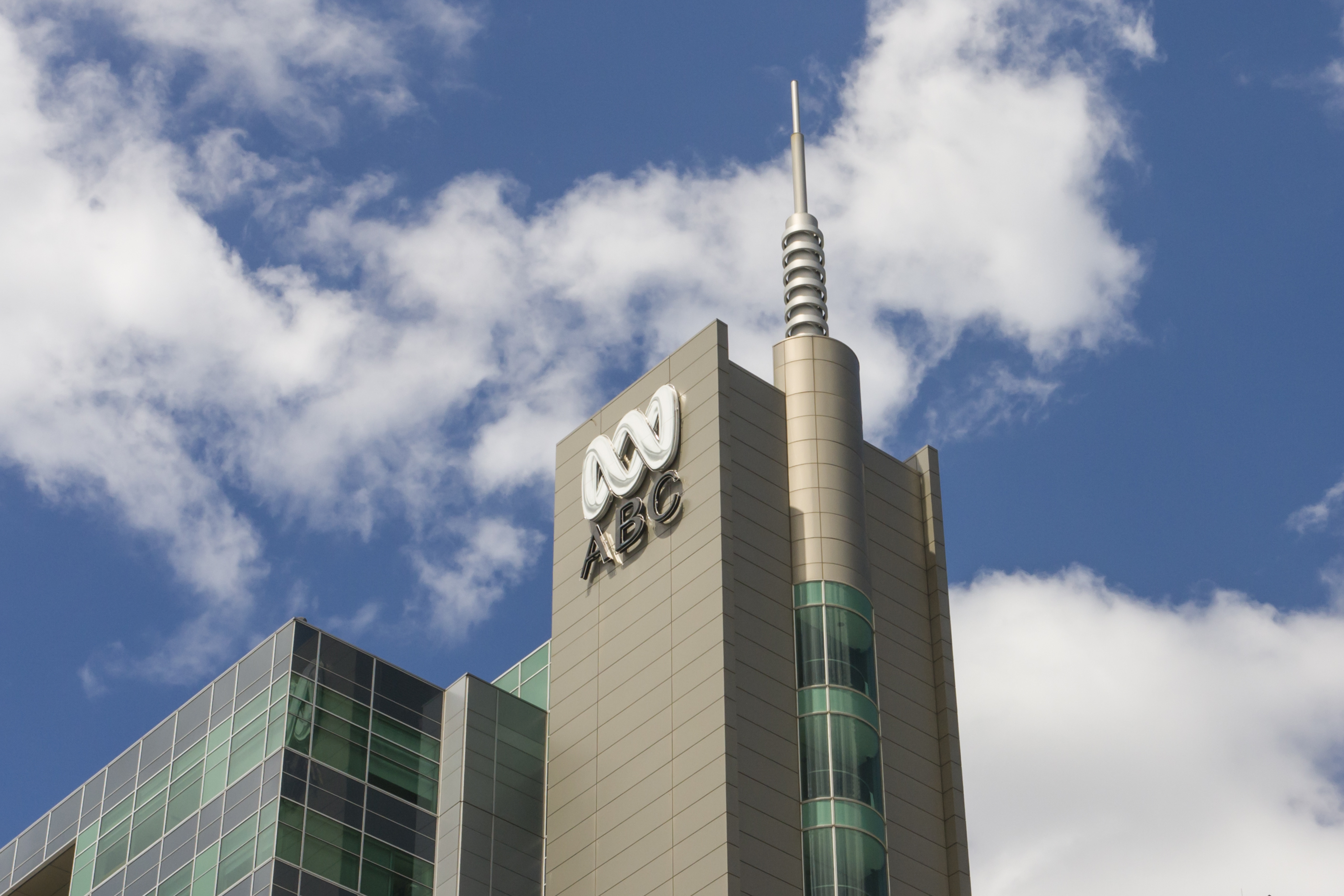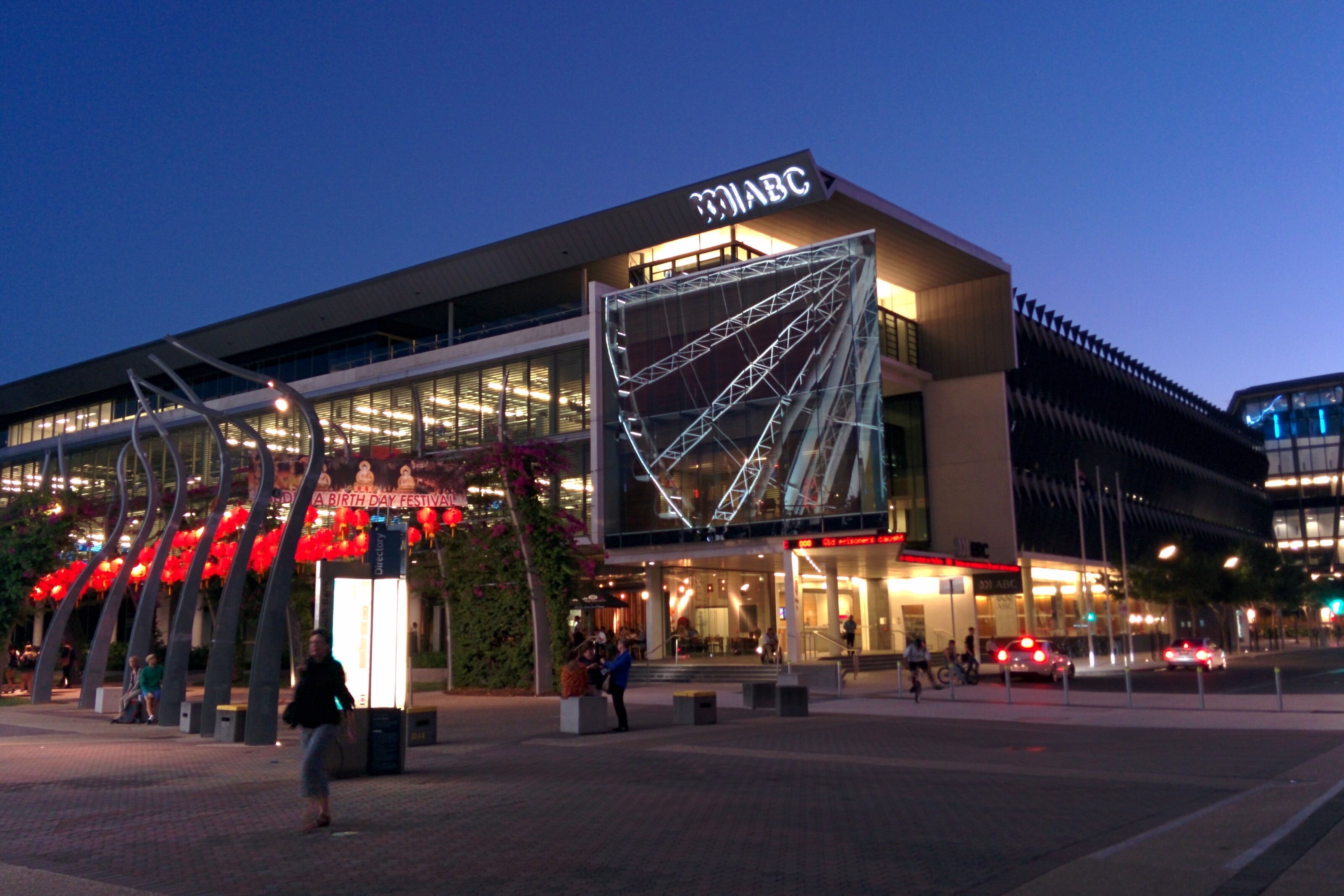By Kristian Porter
Raid and search on ABC’s Sydney headquarters by the Australian Federal Police condemned as a direct attack on media freedom.
The deeply troubling event took place on 4 June in relation to a series of investigative reports from 2017 called the Afghan Files, which revealed allegations of unlawful killings and misconduct committed by Australian troops in Afghanistan. The reports were largely based on secret defence documents leaked to the Australian Broadcasting Corporation (ABC).
A warrant allowed the AFP and police IT technicians to trawl through thousands of electronic documents linked to the report as well as staff emails, especially those linked to reporters Dan Oakes and Sam Clark, and ABC News director Gaven Morris.
The scope of the warrant was unprecedented, allowing the police to “add, copy, delete or alter” material, according to Executive Editor ABC News, John Lyon, who also live tweeted throughout the search. He later described the raid as a “violation” of the principles of journalism.
And so it’s off into the night for the six AFP officers. For nine hours they’ve searched through ABC emails and documents. I think there’s a big question for the Australian public: is this what a free press looks like? Thank you all for your interest today. Regards, JL. pic.twitter.com/EXnXhyOPQQ
— John Lyons (@TheLyonsDen) June 5, 2019
“It is extremely unusual for an authority to exercise a warrant on the national public broadcaster like this”, says ABC Editorial Director @craigmcmurtrie pic.twitter.com/hUSbVNx2cF — ABC News (@abcnews) June 5, 2019
According to the ABC, the police searched through email systems pertaining to those mentioned in the warrant and to data holdings from 2016-2017. Specifically, they searched for “article drafts, graphics, digital notes, visuals, raw television footage and all versions of scripts related to The Afghan Files stories.” Lyons reported that AFP officers downloaded over 9,000 files.
The search came less than a day after a raid on the home of News Corp political editor Annika Smethurst over a 2018 expose about attempts to expand Australia’s domestic surveillance capabilities – although the AFP state that the raids are unrelated. The laws, introduced last year, enable expanded metadata surveillance powers and new secrecy offences that could have a substantial impact on investigative journalism.
Both raids raise significant fears for press freedom in the country, especially the ability of journalists to publicly scrutinise and hold power to account. This is not helped by Australia’s lack of a clear set of constitutional rights that protect whistleblowers and journalists like those in the UK, US and Canada. This leaves many sources vulnerable to being revealed via court orders.
In a statement following the raid, ABC Managing Director David Anderson said:
“This is a serious development and raises legitimate concerns over freedom of the press and proper public scrutiny of national security and defence matters,”
“The ABC stands by its journalists, will protect its sources and continue to report without fear or favour on national security and intelligence issues when there is a clear public interest.”
Speaking in support of all journalists, Gaven Morris, the ABC’s director of news – who is also named in the warrant – said:
“Our journalists do a really difficult job, I’m proud of what they do, they do it in the public’s interest,”
“I’d say to all the journalists at the ABC and all the journalists across Australia, don’t be afraid of the job you do.”
“Stand up and be proud of it and continue to act in the public’s interest knowing the stories you tell and the service you provide the community is a vital one for our democracy.”
The Public Media Alliance (PMA) joins its members, fellow press freedom advocates, public broadcasters and other media outlets in condemning the raid.
BBC statement on Australian Broadcasting Corporation (ABC) police raid: pic.twitter.com/aZpmgBH8cX — BBC News Press Team (@BBCNewsPR) June 5, 2019
A statement regarding the police raid on the ABC: pic.twitter.com/1DIbUWxp62 — RNZ (@radionz) June 6, 2019
In a statement, PMA CEO Sally-Ann Wilson said:
“Media freedom is increasingly under threat worldwide. It is therefore a matter of serious concern that journalists working for an established, trusted and highly respected public media organisation are targeted for investigating and reporting in the public interest.”
Independent public service media organisations play a critical role in informing democracy, especially when they are free to effectively scrutinise and hold power to account on behalf of the public. The raid on ABC and the sheer scope of the warrant clearly sets a dangerous precedent for journalists across the country and a threat to the mandate of the public broadcaster.
The ABC now has the chance to negotiate with AFP officers about what documents can be lawfully seized and may be able to challenge the terms of the warrant.
More Information
ABC raid: AFP leave Ultimo building with files after hours-long raid over Afghan Files stories (ABC)
ABC raid: Outcry as Australian police search public broadcaster (BBC)
Police raids raise fears of Australian media crackdown (The Guardian)
Statement by Ita Buttrose, ABC Chair, on the public’s right to know (ABC)
Header Image: Sydney, Australia – March 24, 2015: People entering and leaving the Australian Broadcasting Corporation (ABC) Centre in Ultimo. Credit: kokkai/iStock
Related Posts
2nd June 2019
Getting what you pay for: Making public broadcasting work
Former ABC Editorial Director, Alan…

